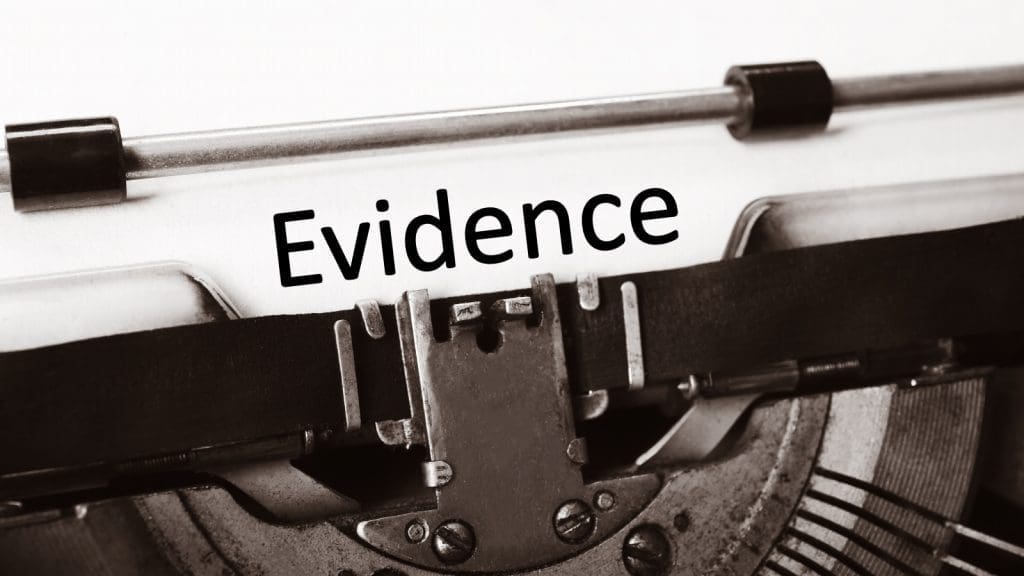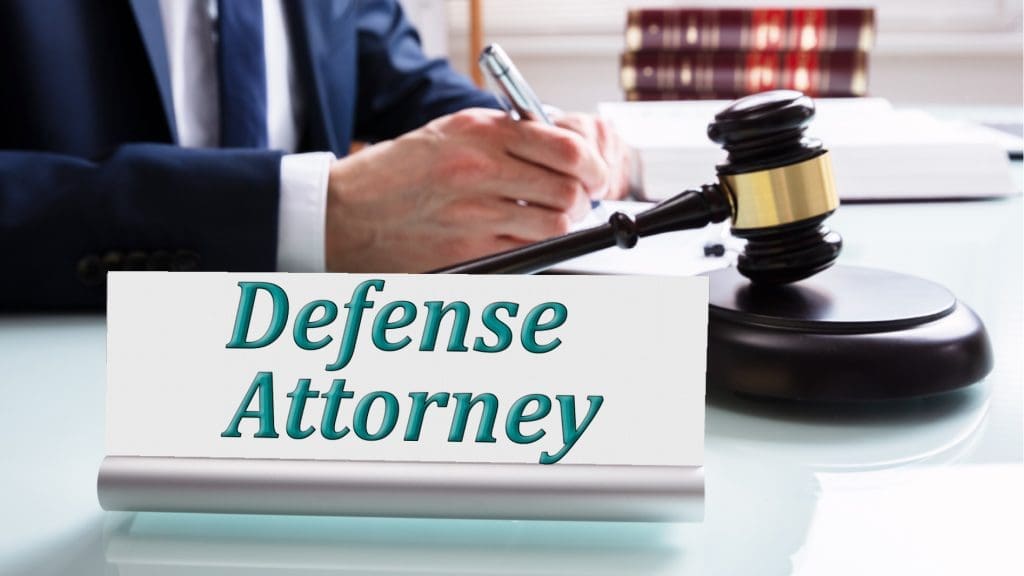Court Trial

A Comprehensive Guide to Legal Strategies and Outcomes
Navigating the legal landscape of court trials can be daunting. Whether you’re a legal professional or someone with a vested interest in the outcome of a trial, understanding the key elements and strategies involved is crucial.
Court trials are the epitome of the legal process, where disputes are settled, and justice is served. At the heart of every trial is the pursuit of truth, guided by stringent legal principles and practices. The procedure typically involves the presentation of evidence, witness testimonies, and the intricate interplay of legal arguments.
A critical aspect of any court trial is the selection of a competent legal team. Lawyers skilled in litigation strategies play a pivotal role in shaping the trial’s direction. They employ various tactics, from meticulous examination of evidence to persuasive argumentation, to sway the judge or jury’s decision in their client’s favor.
The role of evidence cannot be overstated in court trials. It’s the backbone of the legal argument, offering tangible proof to support or refute claims. The admissibility and reliability of evidence are often hotly contested, making the expertise of legal counsel invaluable.
Witness testimonies provide another layer to the trial’s narrative. Witnesses, whether eyewitnesses or experts in a particular field, offer insights that can significantly impact the trial’s outcome. The ability of attorneys to effectively examine and cross-examine witnesses is a testament to their legal acumen.
Jury deliberations are another critical component. In trials where a jury is present, these individuals, selected from the community, bear the responsibility of delivering a verdict based on the evidence and arguments presented. Their impartiality and judgment are fundamental to the trial’s fairness and integrity.
The verdict, whether delivered by a judge or jury, marks the culmination of the trial. It reflects a careful consideration of all presented facts, testimony, and legal arguments. The outcome can have far-reaching implications, not just for the parties involved but also for legal precedents and societal norms.
In conclusion, court trials are complex and multifaceted. They require a deep understanding of legal principles, a strategic approach to presenting arguments and evidence, and an unwavering commitment to justice. For those involved, the experience can be both challenging and enlightening, offering a unique insight into the workings of the legal system.
To expand further, let’s delve into the post-trial processes. After a verdict is reached, the sentencing phase begins if applicable. This phase determines the consequences for the convicted party. Sentencing can range from fines and community service to imprisonment, depending on the severity of the crime and legal statutes.
Additionally, the right to appeal is an essential aspect of the legal system. Parties dissatisfied with the trial outcome can seek a higher court’s review, offering another layer of scrutiny and ensuring the justice system’s checks and balances.
In all, court trials embody the rule of law and the pursuit of justice, serving as pillars of a democratic society.










